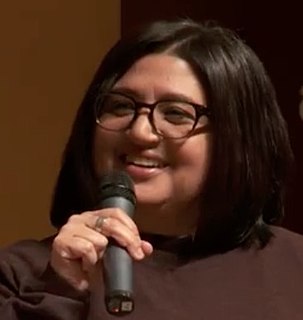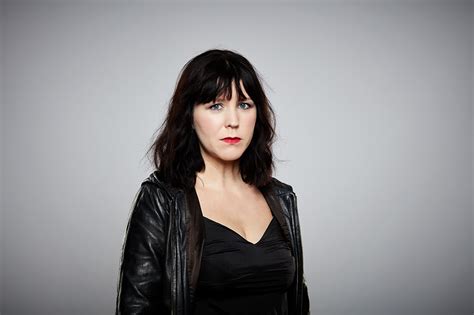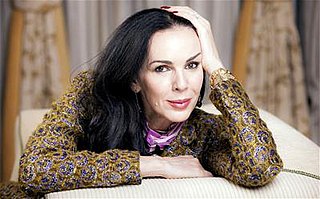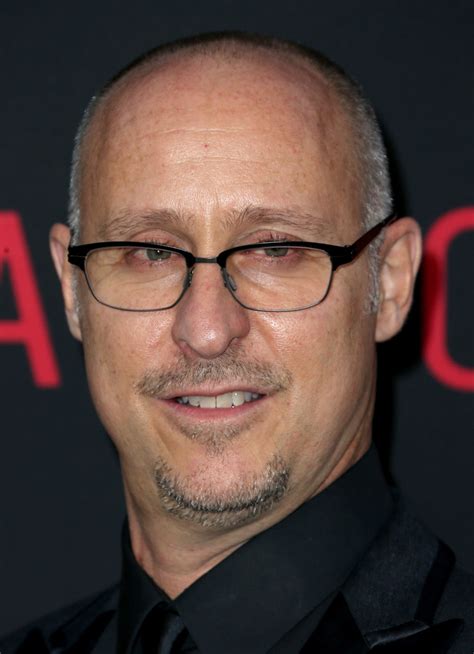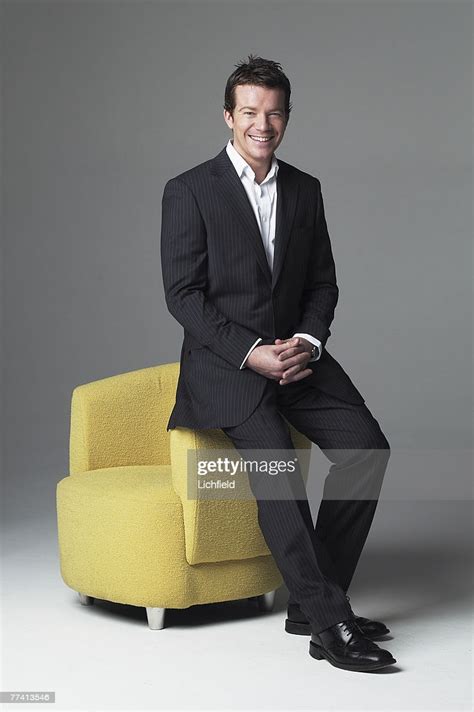A Quote by Annie Wersching
It feels as though, with all of these cable series or Internet shows or limited series events that are only 10 or 13 episodes... the quality is really rising.
Related Quotes
I was in something called 'Garth Marenghi's Darkplace' which was a real cult comedy; it's sort of a spoof horror sort of thing, and it only ever had one series, but I liked the fact that it only had one series because it's kind of got this little gemlike quality to it that there were only ever six episodes.
Sometimes I like to watch TV, though I never get to watch any of the shows in real time. I'm a fan of 'Downton Abbey,' 'Boardwalk Empire,' and 'Boss.' There's a British series called 'Luther,' but in England, they think a series means four episodes. And I like 'Mad Men.' Otherwise, it's always good to unwind with a book.
Back in the late '90s, a writer named Daniel Handler decided that kids books were too cheerful. I mean, all the "Harry Potter" series did was occasionally kill off major characters. Thus was born "A Series Of Unfortunate Events" and its mysterious author, Lemony Snicket. "A Series Of Unfortunate Events" is now a great new series on Netflix.
The territory has changed, and a lot of really good actors want to do cable series, but they don't necessarily want to do network TV and make the commitment of 22 episodes or whatever. They find that the liberties and the creative freedoms that you get in cable is more interesting to them than the censorship of a network show.
When you only do 10 episodes for a final season, every character and all of her interactions in every storyline have so much more import because it's the last time we're going to do it. It's been really helpful saying, "OK, where do we want each of these characters to end?" We have 10 episodes to do it and working backward from that, I kind of envy my friends who have always been on a cable network because this is really that great benefit of doing it this way.
Today I said to the calculus students, "I know, you're looking at this series and you don't see what I'm warning you about. You look and it and you think, 'I trust this series. I would take candy from this series. I would get in a car with this series.' But I'm going to warn you, this series is out to get you. Always remember: The harmonic series diverges. Never forget it."
That's the one thing I say about the great British shows. You know, I see it on the series on HBO where the season is shortened to like 12 or 6 or whatever it is. You know there's a reason why there's a quality behind that. Because I think the writers as well as the crew and the cast do get burnt out after doing continuous episodes after and over and it feels like a factory rather than something of a creative process. And we get tapped out. That's just my opinion.
Notable enough, however, are the controversies over the series 1 - 1 + 1 - 1 + 1 - ... whose sum was given by Leibniz as 1/2, although others disagree. ... Understanding of this question is to be sought in the word "sum"; this idea, if thus conceived - namely, the sum of a series is said to be that quantity to which it is brought closer as more terms of the series are taken - has relevance only for convergent series, and we should in general give up the idea of sum for divergent series.

